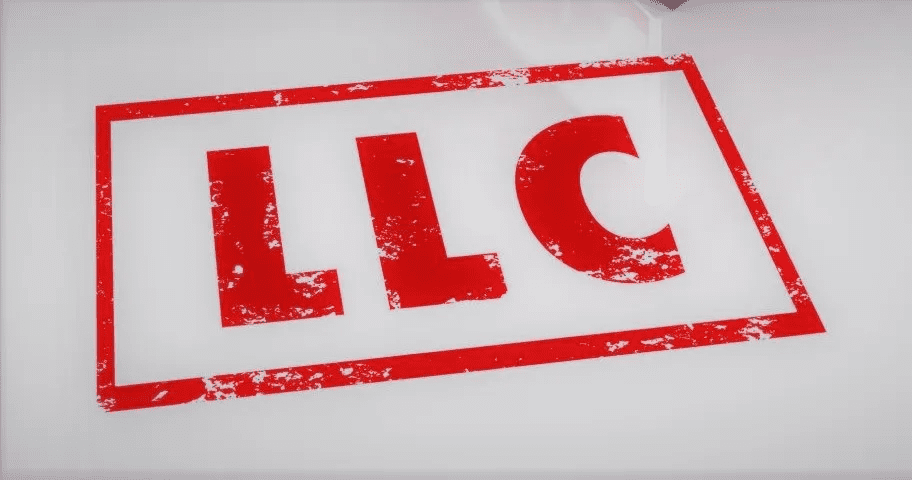Did you know that the United States government can tax Limited Liability Companies as an S Corporation or a C Corporation? It applies to single-member and multi-member LLCs, all of which must meet certain criteria provided by the IRS to qualify.
Business owners can select a tax strategy that best suits their needs. It allows greater control over financial decisions and added flexibility when determining business finances.
We’ll provide comprehensive information about how a single-member LLC can become an S Corporation. Let’s get started.
What Are the Internal Revenue Service (IRS) Criteria To Qualify as an S Corp
There are a few parameters set by the IRS that need to be met to qualify as an S Corp. They include:
- Your organization needs a domestic corporation classification or must have the capabilities to treat itself like one to qualify. Many financial institutions, insurance companies, and international sales corporations might not qualify for this program.
- Shareholders must be individuals, certain trusts, or estates. There’s no permission for corporations, partnerships, or non-residents.
- The lesser shareholders you have, the better, but the numbers in most cases can’t exceed 100.
- As a single-Member LLC, you can only possess a single class of stock.
How a Single-Member LLC Is Taxed as an S Corporation
As a single-member LLC, the owner and business are combined for tax purposes. This means that all profits and losses of the company “pass through” to become part of their personal income taxes.
To receive payment from your own LLC, you’ll take out what is known as ‘draws.’ Typically, draws are checks written by your venture for personal use.
You may not be able to deduct the money from your LLC on taxes, but they’re still subject to taxation and self-employment fees. They include Social Security and Medicare. Make sure these important expenses don’t slip through the cracks!
For owners of single-member LLCs, the S Corporation taxation method provides a more dynamic approach to managing personal tax liability. It allows for greater flexibility and control over finances with additional tax benefits.
Instead of passing profits and losses directly to a member’s personal income taxes, declare their wages or salary on the payroll. Subject them only to regular income taxes and not Social Security or Medicare.
Members receive the remainder of their wages without additional taxes or FICA contributions. It leaves more money in their pockets and a big smile on their faces.
Electing S Corporation Status for Single-Member LLCs
For small businesses looking to incorporate, an S Corporation election is the way to go. To get started on your journey toward legitimacy and success, filing the IRS Form 2253 is your first step: Election by a Small Business Corporation.
An LLC looking to conduct an S Corporation election in 2024 effectively should file Form 2553 before December 31st, 2023. It ensures that their tax obligations are properly adjusted for the next calendar year.
Time is of the essence if an LLC needs its S Corporation status to be effective for this tax year. Acting swiftly can ensure that it’s filed in time.
- With the current tax year underway, existing LLCs have just two months and some days to ensure their S Corporation election is effective. Do this by filing Form 2553 before the deadline set by the internal revenue service.
LLCs and C Corporations seeking to become S Corps this fiscal year must act quickly. File the IRS form 2553 within 75 days after the start of their tax year to ensure the switch is effectively registered. If your company’s fiscal calendar started on January 1st, you have until March 15th before missing this important qualification opportunity.
- For new LLCs, time is of the essence when it comes to filing Form 2553. You have 75 days from the formation date to submit this form. It makes your business eligible for S Corporation status.
But if your LLC has not properly met the S Corporation election filing deadline? Don’t panic! With valid reasoning, there’s still hope. The internal revenue service offers a reprieve. Don’t hesitate – take action now to right this wrong and keep on track with taxes.
Consider speaking to a legal attorney to gain in-depth knowledge about the process and seek proper guidance.
How to File Taxes for Single-Member LLC
When filing taxes, single-member LLCs can report their business earnings or losses on Schedule C and Form 1040. Sole Proprietorship owners benefit from the default taxation system to ensure their profits are accurately tallied for tax time.
S Corporations have the unique distinction of requiring extra attention when it comes to taxes. While preparing, owners must ensure that IRS Form 1120-S (U.S. Income Tax Return for an S Corporation) is completed as part of a larger set of documents needed by the government to remain compliant with regulations and law.
Compliance Requirements for S Corporation’s
By electing S Corporation status, LLCs can enjoy the tax benefits of being an S Corp while abiding by their state’s laws for maintaining a legal entity. It requires reporting to a registered agent, paying taxes, and obtaining business permits and licenses.
Filing annual reports and articles when making changes to the enterprise is necessary. Keep track of everything that makes your business tick legally.
LLC compliance simplifies and streamlines the business regulation process. And compared to corporations, LLCs don’t have any of the additional overhead associated with bylaws, shareholders’ meetings, or board members – saving time and money!
Should You Convert an LLC to an S Corporation?
LLC owners who choose S Corporation tax treatment for their single-member LLC may be rewarded with a lighter Social Security and Medicare tax burden. Before taking the leap, speak to a legal attorney and consider necessary IRS reporting requirements.
Fraudulent businesses trying to game the system by paying unreasonably low salaries or converting profits into FICA-tax-exempt distributions will likely get a punishment. It often results in hefty fines following an internal revenue service independent investigation.








